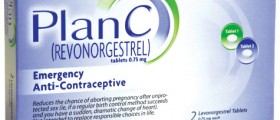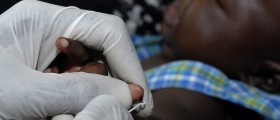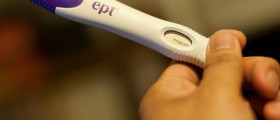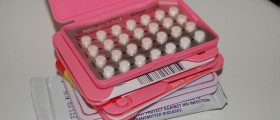
Yet another CDC report released this week showed that 99 percent of all sexually active women used some form of birth control. The use of condoms, intrauterine devices, and other long-term and highly effective bit reversible methods are on the rise. Previous data showed that 98 percent of women who declare themselves to be Catholics utilizes contraception of some form. Proving access to contraceptives has a lot of benefits for a government reducing the number of unplanned pregnancies greatly relieves the expense on any healthcare system. Better access to birth control obviously gives more women a greater degree of control over their lives. It benefits women, children, and the economy. Despite this, conservative Christian (including Catholic) groups are again fighting the Affordable Care Act (ACA), and its provision that guarantees birth control to be covered by women's healthcare insurance policies. A few narrow exceptions have been allowed, mainly focusing on women employed by houses of worship and religious non profit organizations.
A compromise will probably be found in the end, but it is important to keep the organizations that receive these exemptions to a minimum. Those women who are working for exempted religious organizations would have to pay for contraceptive methods out of pocket to gain access. Plan B is the most popular emergency contraceptive in the United States today. It has been available to adult women without a prescription since 2006, and can now also be obtained over the counter by 17 year old girls. This new CDC report shows that Plan B is not replacing planned contraception, and that many women have accessed the morning-after pill as a one-off event. There are some who use the method more frequently. Education about the dangers of sexually transmitted diseases may help this group in realizing there are other dangers involved with unprotected sex, besides pregnancy alone.

















Your thoughts on this
Loading...